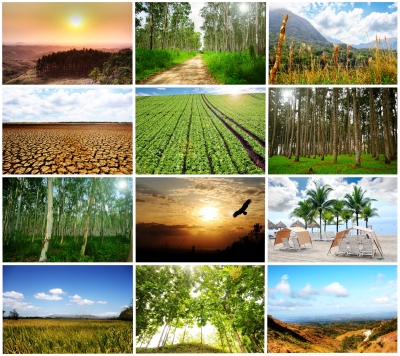
Climate change is affecting landscapes and living conditions worldwide. In Cagayan de Oro, there is a strong effort to build shelters adapted for climate change and to promote sustainability in everything we do.
We reap what we sow. This has been an adage enthusiastically taught to me by my educators since I was young. And for some time I believed it.
Then here comes climate change.
Why would a person who may never had a television or radio, and who probably have walked for most of her life for lack of fare be deprived of her house, her livelihood, and even her family because of nature’s ‘revenge’?
Following international talks on climate change is frustrating. Since the start of the United Nations Framework Convention on Climate Change and the creation of the Kyoto Protocol, what the countries have achieved in their discussions are just additional carbon footprints from all those delegates traveling from around the globe to give lip service.
Here’s a rough sketch of what they had been trying to nail in the negotiations. Developed countries, as what the qualifier implies, have the money to put in place mechanisms that would help poor countries to mitigate the effects of climate change and allow the world to adapt to the changes without the continued of loss of lives and properties. It is also given that this developed countries had actually contributed – and are still contributing – a lot to carbon emissions having industries that intensively use – or used – fossil fuels and other polluting inputs. Despite these two things, however, none of them want to commit funds for the reduction of carbon emissions. Sure, there had been some amount – so far roughly $7.5M out of the target $100B – raised. But what is that compared to the needed amount to put up the mechanisms?
In the most recent summit in Warsaw, the countries have once more promised to cut down their emissions as soon as possible – but not earlier than the first quarter of 2015. Meanwhile, crops are dying in Africa and small islands in the Pacific are disappearing.
What can we do? We wait out the rain.
Or not. There is always the option of lobbying not only to our government but to businesses that have come to our country to take advantage of our natural resources. We might be too comfortable in our uphill homes with ready air conditioners or heating systems. But let us remember we are now facing unexpected calamities. We never know what could hit us. And it wouldn’t be distinguishing a house made of wood from a house made of bricks.
Looking for a community that is taking active steps to support a sustainable lifestyle? Click this link and we’ll guide you.

